


AGENT aims to transform genebanks from living archives into bio-digital resource centers, equipped to meet the needs of a changing world. Plant genetic resources hold the key for adapting crops to a changing climate, which we are increasingly facing worldwide. In order to facilitate the educated selection and utilization of plant genetic resources in breeding and agriculture, a systematic effort towards the identification and incorporation of these valuable resources is of crucial importance. The establishment of a global network will sustainably unlock the genetic diversity of food crops for future generations and make them intuitively accessible for modern breeding programs.
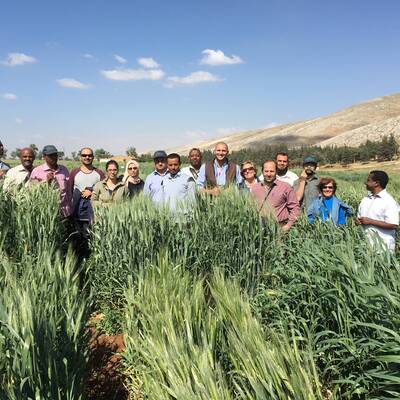
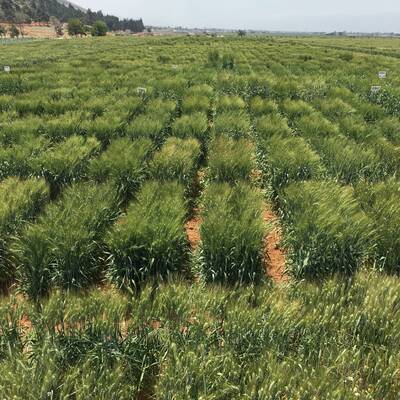
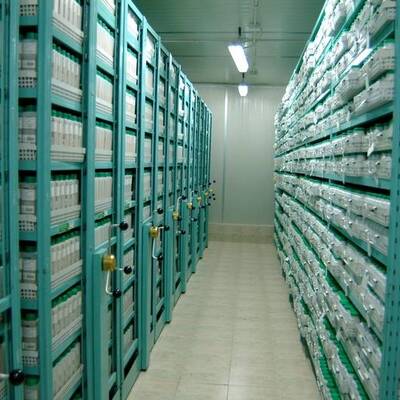
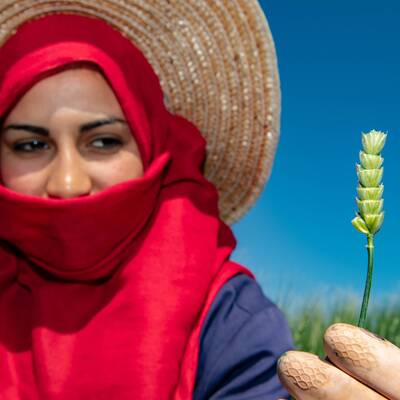
AGENT aims to establish a network of European (and international) genebanks and converting these from passive seed repositories into active bio-digital resource centers. Part of their material will be purified and complemented with dense genotypic information ('precision collections') and an approach defined for the systematic, coordinated, standardized and sustainable accumulation of phenotype information. Project objectives will be exemplified using barley and wheat, two of the most important crops both in Europe and worldwide. Concepts and protocols established for these species can be transferred to existing datasets for other crop Genetic Resources (GenRes) collections, thus generating further impact.
This project aspires to create 15 genebanks and four genebank genomic centers to work on barley and wheat to
Key project stakeholders will be directly involved in the development of workflows and tools. Project results will be directly disseminated to genebanks, researchers, breeders, policy makers and the general public to demonstrate the societal importance of GenRes.
The dissemination of AGENT results will contribute to agrobiodiversity, better-documented archiving, and informed selection of genetic resources which, in turn, will enable future breeding of crops more durable to changing climates and environmental conditions. Resilient crops will support the stability of farmer incomes and help sustain sufficient food supplies, particularly as project concepts are transferred to GenRes collections and stakeholders at international scale. In addition, AGENT will establish high-quality, standards, harmonized for the global management of genetic resources, by activating a network of genebanks that generate added-value information for specific and general collections.
The dissemination of AGENT results will contribute to agrobiodiversity, better-documented archiving, and informed selection of genetic resources which, in turn, will enable future breeding of crops more durable to changing climates and environmental conditions. Resilient crops will support the stability of farmer incomes and help sustain sufficient food supplies, particularly as project concepts are transferred to GenRes collections and stakeholders at international scale. In addition, AGENT will establish high-quality, standards, harmonized for the global management of genetic resources, by activating a network of genebanks that generate added-value information for specific and general collections.
AGENT will increase the quantity and quality of data in established information systems for crop genetic resources by accumulating de novo high-density genotypic and phenotypic data for 15,000 accessions of wheat and barley. This information will be combined with pre-existing genotypic/phenotypic data for more than 50,000 and 20,000 wheat and barley accessions, respectively, to develop a comprehensive diversity of atlas European wheat and barley genetic resources. AGENT promotes innovative ways of sharing resources and services between genebanks/in-situ conservation sites in Europe, and beyond. It avoids the cumbersome physical exchange of resources by instead increasing the value of individual collections through a shared information resources and databases.
UPDATES
Launched in 2020, AGENT standardizes and pools phenotype information from global genebank networks within a single database and revolutionizes plant genetic resource information sharing. Our Genetic Resources Team is also accelerating research digitalization through tools such as the CGIAR Breeding Program Assessment Tool, which aids design and analysis, and helps the breeding management system centralize breeding data.
In 2021, ICARDA scientists helped devise more straightforward tools and procedures for genomic work, and through AGENT, are working with partners to collect and standardize phenotype information from global genebank networks within a single database.
In 2022, ICARDA multiplied a precision collection, single seed descent derived from its genebank accessions. This collection was tested for disease and, in parallel with other project partners, standard global checks were field- and disease-tested at the seedling stage. In addition, ICARDA has contributed to sharing genebank historical data and developing accessible and easy tools to analyze those data.
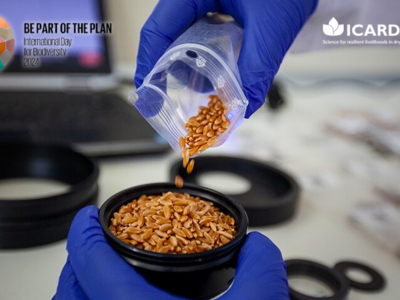
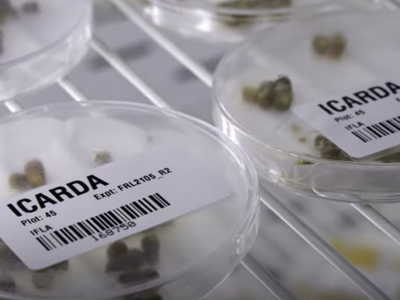
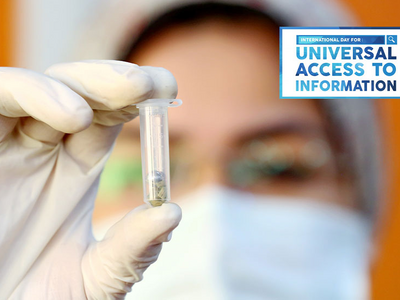
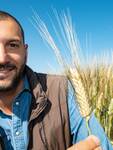
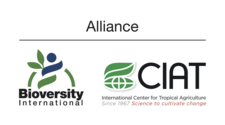

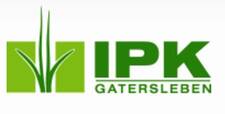

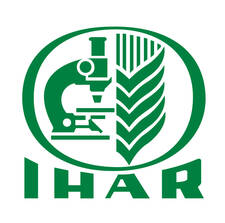




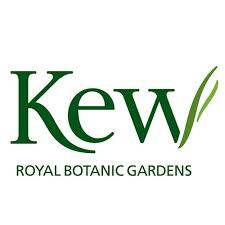
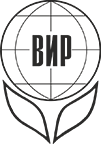



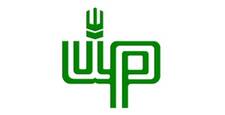

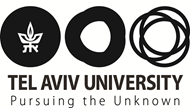
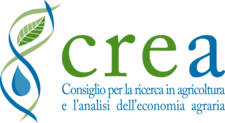
© 2026 International Center for Agricultural Research in the Dry Areas (ICARDA)